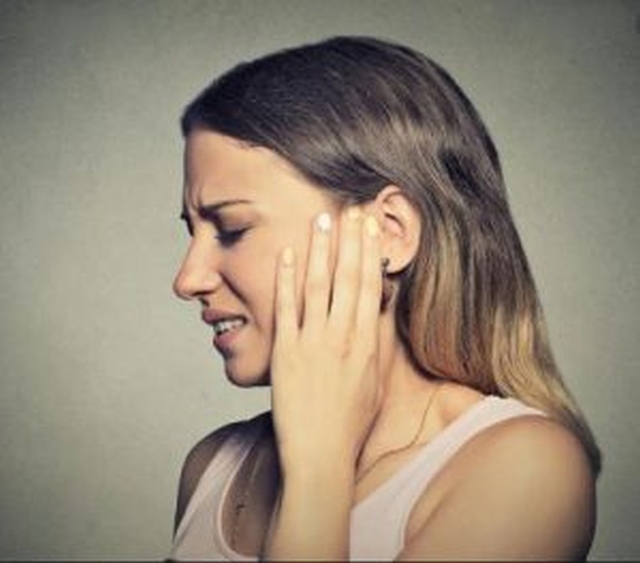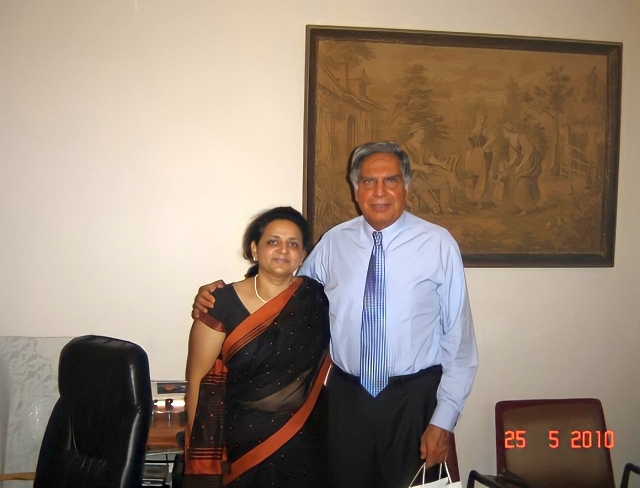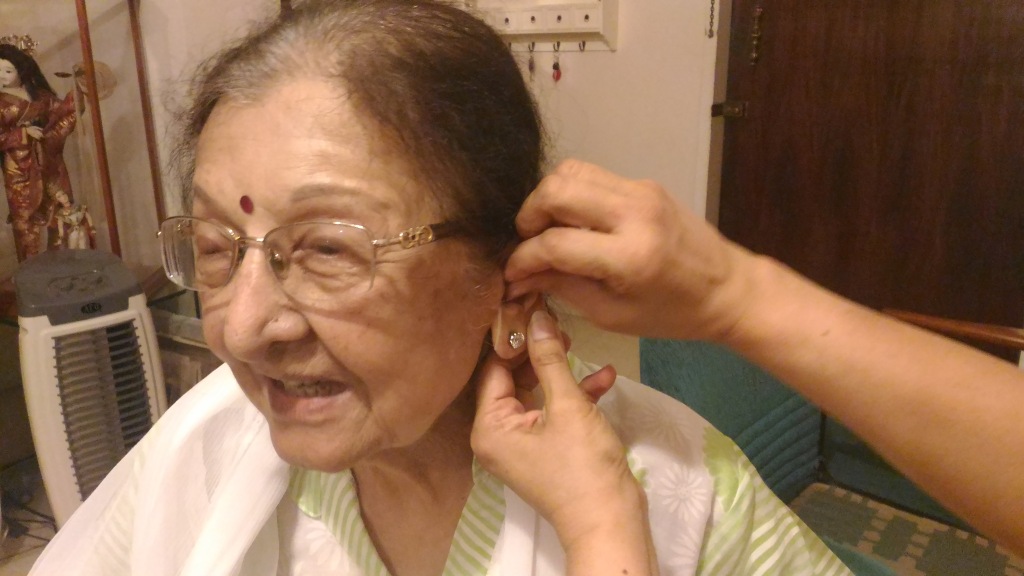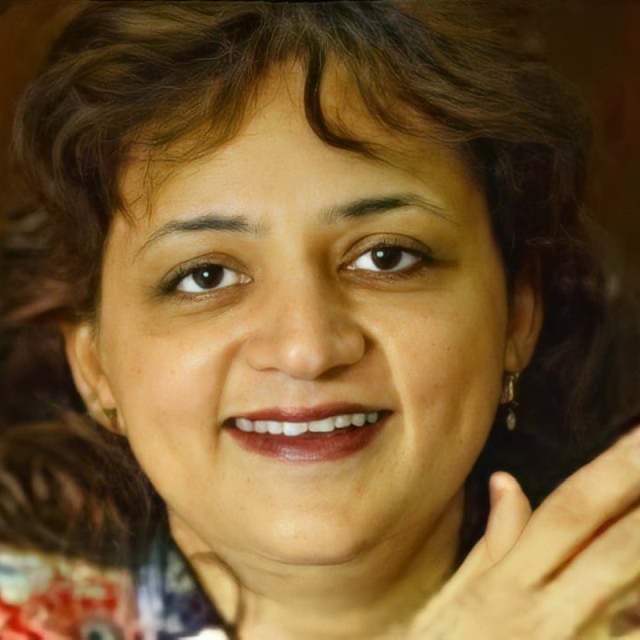At Loud & Clear Hearing Aid Centre…
We Offer Variety of hearing aid models from leading manufacturers that masks Tinnitus such that the listening Experience is much comfortable. Our Long standing experience indicates that gradually Tinnitus disappears with the use of hearing aids (that masks Tinnitus).
For further understanding and procurement of such hearing aids.
You are welcome to visit us at Loud & Clear Hearing Aid Centre
What is Tinnitus?
Tinnitus comes from the Latin word ‘tiniere’, which means ‘to ring’. it can refer to a ringing, buzzing, roaring, ticking, or any sort of sound heard by the individual, but with no external source. It can sound like hissing, pulsing, whooshing, chirping, whistling, or clicking. Tinnitus can be in one or both ears.
You may have this for a short time, like after a loud concert. Or, it may happen all the time. Audiologists can help you manage your tinnitus. Tinnitus is looked upon as ‘most annoying and debilitating Experience’. You may hear it said in different ways. Some people say TIN-a-tus. Some say Tin-EYE-tus. Either way is correct.
You’re not alone
Over 40 million people in world experience tinnitus. Current research suggests that the condition can be successfully treated with proper diagnosis and a management strategy that includes ‘Tinnitus masker Hearing Aids’ and counseling. In some cases, a sound generator, as part of a ‘sound therapy’ approach may offer relief.
Who is affected by Tinnitus?
Everyone, regardless of their age or hearing status, has experienced tinnitus at some point. Although, tinnitus affects every person differently 70%-80% of people with hearing loss will experience some degree of tinnitus but may not be bothered by it. In 10% of people quality of life gets affected due to severe tinnitus.
What causes Tinnitus?
We do not know the exact cause of tinnitus. One thing we do know is that you are not imagining it. If you have tinnitus, chances are that the cause will remain a mystery. Non the less, any condition that can affect our ears, hearing, or sense of balance can cause tinnitus. Noise exposure is the leading cause of tinnitus. Over 90% of those with tinnitus have some degree of noise induced hearing loss.
Some known causes of Tinnitus
• Ménière’s disease
• Loud noise exposure
• Migraines
• Head injury
• Anemia
• Stress
• A lot of wax in the ear
• Exposure to extreme noise levels
• Sensory neural hearing loss / age-related changes in the inner ear
• Medicines that are toxic to hearing or oto-toxic medications
• Certain types of tumors/ acoustic tumors
• Having a lot of caffeine
• Smoking cigarettes
• High blood pressure
• Ear infections
• Cardiovascular disease
You may find that your tinnitus is worse at night. This happens because it is quiet and you are not distracted. Feeling tired and stressed may make your tinnitus worse.
Can Tinnitus be treated?
Depending on the cause, it may be possible that tinnitus can be diminished or very seldom eliminated. If it is a result of permanent hearing loss and there are no underlying medically treatable conditions, the solution will involve managing the tinnitus. There are various ways to manage tinnitus, such as changes in lifestyle, use of ‘tinnitus masker’ hearing aids and counseling. Recent research & development in hearing aid industry – indicates that in most cases use of a hearing aids successfully offers relief.
The new generation advance RIC hearing aid technology addresses the issue of tinnitus head on, using patient preferred sound stimulus as masker to neutralize the sound of tinnitus thus providing relief from consistent problem of tinnitus and frustration arising out of tinnitus.
Tinnitus technology in hearing aids come with personalized solutions and flexibility to seamlessly integrate into requirements of treatment strategies. It is equipped to deal with and manage subjective nature of tinnitus. A hearing aid that provides tinnitus management technology is an excellent solution for those suffering from tinnitus with hearing Loss.
At Loud & Clear Hearing Aid Centre we feel the best way to treat tinnitus is to get rid of the causes. In some cases, you can treat the illness or disease that causes your tinnitus. It will then go away. For most people, however, the cause is unknown, and there is no treatment. You can manage your tinnitus, even if it will not go away.
Here are some ways you can manage your tinnitus:
Biofeedback
Hypnosis
Electrical stimulation
Relaxation therapy
Counseling
Therapy to get you used to the sound
Tinnitus maskers hearing Aids
You may take treatment with an audiologist and/or with an ear, nose, and throat doctor, or ENT. They can help you find the treatment that works best for you.
Hearing Aids and Other Devices may help your tinnitus. An audiologist can help you find and use the best hearing aid for you. Tinnitus maskers look like hearing aids. They make a sound that masks, or covers up, the tinnitus. The masking sound distracts you from the ringing in your ears. You may be able to use a masker and a hearing aid at the same time.

How it Works





Testing for Tinnitus
Tinnitus is not a disease. It happens because of some other problem. The first thing you should do is visit your doctor. Your doctor can check you for some of the issues that may cause tinnitus.You should have your hearing tested by an audiologist. Some types of hearing loss and hearing problems can cause tinnitus. A hearing test can help you learn the cause and treatment options.
We cannot measure tinnitus directly.
The audiologist at Loud & Clear needs you to describe your problems and difficulties that you have. We need to ask you these questions, in order to help you:
-
Do you hear ringing in your left ear? Right ear? Both?
-
Is the ringing constant?
-
Do you notice it more at certain times of the day or night?
-
Can you describe the sound or the ringing?
-
Is the sound high-pitched? Low-pitched?
-
How loud is the sound?
-
Does the sound ever get louder or softer? Does it change pitch?
-
Are there times when the tinnitus gets worse? Does it happen when you drink caffeine? When you take certain medicines? After you hear loud noises?
-
Does the tinnitus make it hard to sleep? To work? To concentrate?
-
How annoying is your tinnitus?
Learning about tinnitus can be a relief. You can start to take control of it by changing things that may make it worse.
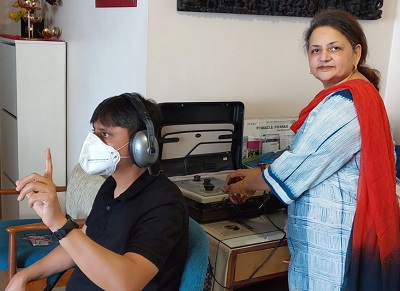
Hearing Test
Let us take our hearing health survey and start your journey to better hearing
We believe in setting digital hearing aid programming based on the Hearing Test done in natural environment
Take Survey
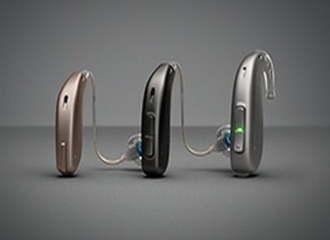
Guide To Hearing Aid
Selection of Hearing Aid is complex so let us make decision with professional counselling
Choose

Contact Us
Find out what Audiologist Smt. Shaila Vora can do to treat your hearing loss
Get in Touch
Tinnitus Always Accompanies Meniere’s Disease
Meniere’s disease/ Endolymphatic Hydrops
A disorder of the inner ear that can affect hearing and balance to a varying degree.
Epidemiology:
Men and women are probably equally affected. In about 1/2 to 2/3 of the cases
Can begin at any age but patients typically present with symptoms between the ages of 20 and 40 years. In children is most often associated with congenital malformations of the inner ear.
Pathophysiology:
Ménière’s disease is idiopathic but it is believed to be linked to endolymphatic hydrops, an excess of fluid in the inner ear.
May be related to swelling of the endolymphatic sac or other tissues in the vestibular system of the inner ear due to too much endolymph secreted or decreased absorption by the stria vascularis Or the endolymphatic duct may be obstructed by scar tissue, or may be narrow from birth.
Signs & Symptoms:
• Hearing Loss: Fluctuating, progressive, u/l or b/l SNHL, usually in lower frequencies.
• Vertigo: Rotational vertigo (lasting from minutes to hours).
• Tinnitus: Roaring type (U/l or b/l tinnitus).
• Fullness: Sensation of fullness or pressure in one or both ears.
Other symptoms:
• Severe nausea, vomiting, and sweating often occur.
• Symptoms get worse with sudden movement.
Diagnosis:
a) Caloric test:
Principle: Uses differences in temperature for diagnosis.
This test stimulates the inner ear and nearby nerves by delivering cold or warm water to the ear canal at different times.
Procedure: One ear is tested at a time after an otoscopic examination.
Cold water is injected initially and later followed with warm water.
Result: The eyes can be looked at directly or an ENG may be performed.
When cold water enters the ear and the inner ear changes temperature, it should cause fast, side-to-side eye movements called nystagmus. The eyes should move away from the cold water and slowly back.
Next, warm water is placed into the ear. The eyes should move toward the warm water and then slowly away.
b) Glycerol Test
Principle: Ingestion of glycerol, 1.5 g/kg body weight, causes a transient reduction of the hearing loss or improvement in the hearing thresholds.
Procedure: Pure-tone audiometry is performed in a series: an initial examination before glycerol intake and then 1- 2 hours after glycerol administration and the difference in the thresholds is noted. Ingestion of glycerol: 1.5 g/kg body weight
Result: Positive: when the hearing thresholds are lowered ≥15dB at minimum 3 frequencies.
c) CHAMP: Cochlear Hydrops Analysis Masking Procedure (A modified ABR test.)
Principle: Cochlear hydrops is associated with an under masking phenomenon that can be observed during specialized ABR data collection using click stimuli mixed with a special type of high-pass masking noise and presented at a certain level.
It is hypothesized that cochlear hydrops alters the response properties of the basilar membrane which results in reduced masking effectiveness of high pass noise on the ABR to click stimuli. This results in the undermasking phenomenon.
Procedure: Recording ABRs to moderate level clicks and simultaneous I/l high-pass masking noise.
Clicks presented alone & with masking noise high-pass filtered at 8 kHz, 4 kHz, 2 kHz, 1 kHz and 0.5 kHz.
Result: In normal hearing subjects:
Latency of wave V in the ABR is observed to increase as the cut off frequency of the high-pass masking noise is lowered because with each lowering of the high-pass masking noise cut off frequency, the response to the click is dominated by a lower-frequency region.
In MD patients:
Masking noise is insufficient such that the latency of wave V in the responses to the clicks and various high-pass masking noise conditions is similar to that of wave V in the response to clicks alone.
As cochlear hydrops alters the response characteristics of the BM such that the high-pass masking noise is less effective in masking activity from the frequency regions that are normally masked by the noise.
Future Treatment for Tinnitus through Regrowth of Sensory Hair Cells in the Inner Ear
If they are successful in phase 2, many people with SNHL (sensoneural hearing loss) will soon see a light at the end of tunnel
Treatment is simply through injection in the middle ear
https://www.google.com/amp/s/seekingalpha.com/amp/news/3664704-frequency-therapeutics-fx-322-shows-positive-effect-in-hearing-loss
Antidepressant Medication May Worsen Tinnitus
Millions of people suffer from the constant sensation of ringing or buzzing in the ears known as tinnitus, creating constant irritation for some and severe anxiety for others. Research by scientists at OHSU shows why a common antidepressant medication may worsen the condition.
The study, published Aug. 22 in the journal Cell Reports, focused on the action of serotonin, an important neuromodulator in the brain. Researchers examined brain tissue in mice, specifically the dorsal cochlear nucleus where sensory integration and tinnitus occurs. Researchers discovered that neurons known as fusiform cells within this portion of the brain become hyperactive and hypersensitive to stimuli when exposed to serotonin.
“We saw that the activity of those neurons went through the roof,” said senior author Laurence Trussell, Ph.D., a professor of otolaryngology in the OHSU School of Medicine and scientist in the OHSU Vollum Institute.
If the findings bear up to additional research, the study could have implications for a common class of antidepressants known as selective serotonin reuptake inhibitors (SSRI). SSRIs can alleviate symptoms of moderate to severe depression and anxiety by increasing the level of serotonin in the brain. Serotonin is a chemical compound that acts as a neurotransmitter thought to be responsible for maintaining mood balance.
However, the research suggests that SSRIs prescribed to treat anxiety or depression may sometimes worsen patients’ tinnitus. Tinnitus is defined as the chronic perception of sound when there is no internal or external acoustic source.
“If you’re a physician treating a patient for depression who also has hearing loss or tinnitus, you may want to be careful about prescribing a drug that compounds their feelings of anxiety,” said Trussell, who also suffers from tinnitus and, in addition to his other roles, has an appointment in the Oregon Hearing Research Center at OHSU. “The SSRI may be enhancing the thing you’re trying to fix.”
Lead author Zheng-Quan Tang, Ph.D., a senior postdoctoral fellow in Trussell’s lab, noted that a review of existing scientific literature indicated that many patients reported an increase in tinnitus soon after they began taking SSRIs.
“Estimates vary, but at least 10 percent of the U.S. population is affected by tinnitus,” Tang said.
The OHSU scientists are interested in exploring another area of research focused on a type of ion channel in the membrane of neurons that is activated by serotonin. If the scientists can determine a way to deactivate those channels, they may be able to allow the beneficial effects of antidepressants while limiting the severity of tinnitus.
https://news.ohsu.edu/2017/08/22/study-suggests-serotonin-may-worsen-tinnitus
Loud & Clear Hearing Aid Centre
74, Chitrakoot, Altamount Rd,
Nr. Mukesh Ambani’s House,
Mumbai – 26. India
Email : shailavora@gmail.com


